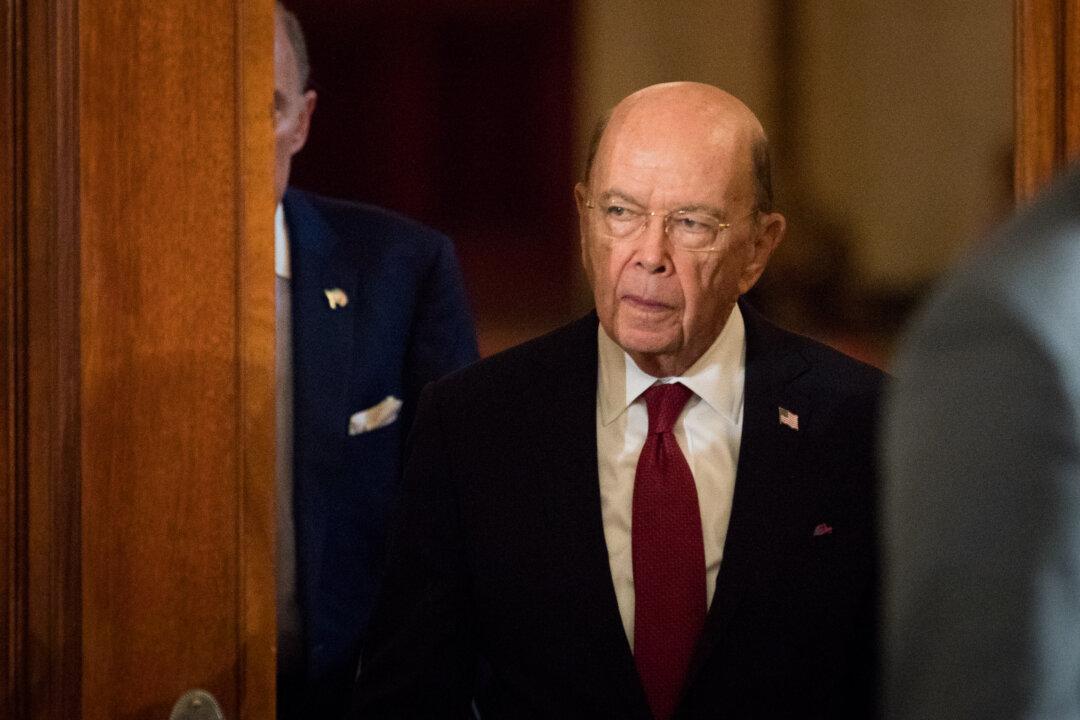Chinese telecommunications giant ZTE agreed to pay a $1 billion fine and submitted to the strictest compliance measures ever issued by the Commerce Department on June 7 in order to regain access to U.S. technology crucial to its business.
Secretary of Commerce Wilbur Ross announced that ZTE will pay a $1 billion penalty up front and deposit $400 million in an escrow account. The Chinese cellphone maker also agreed to replace its entire board of directors and senior management in 30 days and to have a compliance team assembled by the U.S. Commerce Department embedded in its operations.





